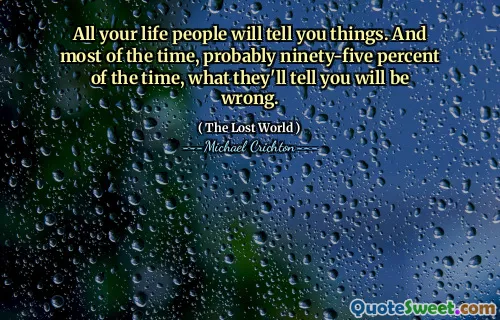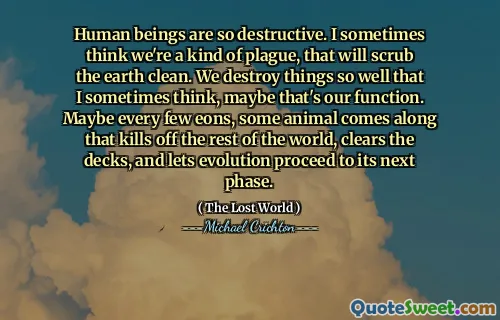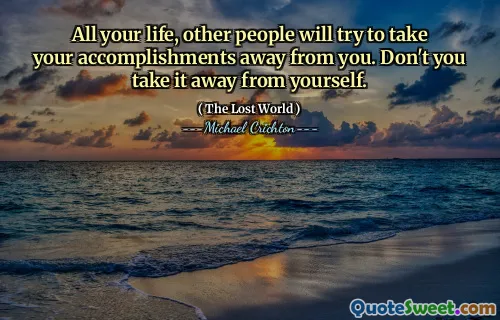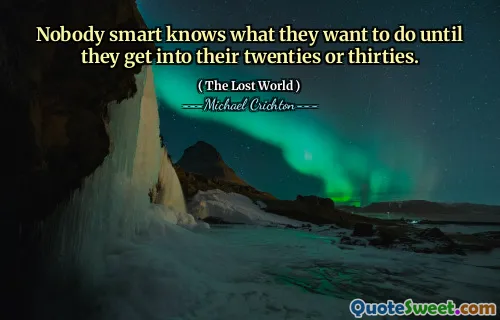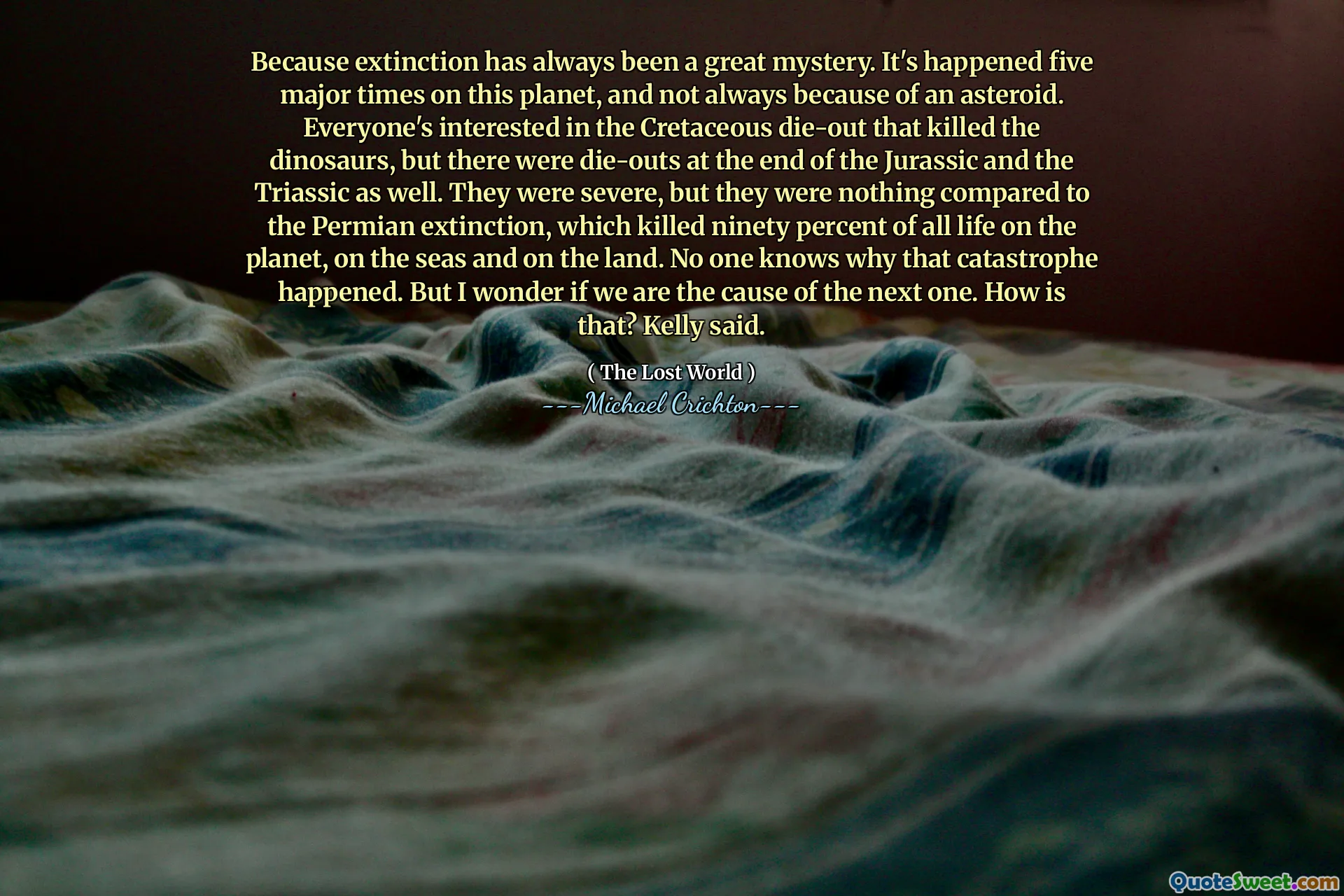
Because extinction has always been a great mystery. It's happened five major times on this planet, and not always because of an asteroid. Everyone's interested in the Cretaceous die-out that killed the dinosaurs, but there were die-outs at the end of the Jurassic and the Triassic as well. They were severe, but they were nothing compared to the Permian extinction, which killed ninety percent of all life on the planet, on the seas and on the land. No one knows why that catastrophe happened. But I wonder if we are the cause of the next one. How is that? Kelly said.
Extinction has always puzzled scientists, having occurred five significant times throughout Earth's history. While the extinction that wiped out the dinosaurs at the end of the Cretaceous period often captivates interest, there were also major events at the end of the Jurassic and Triassic periods. These earlier events, though severe, pale in comparison to the Permian extinction, which decimated approximately ninety percent of all life both in oceans and on land. The reasons behind the Permian extinction remain a mystery.
The contemplation of what may have triggered these events raises concerns about the current environmental crisis. The dialogue suggests a possibility that human actions could be driving the next extinction. This idea prompts reflection on the impact of humanity on the planet, similar to historical events that led to mass extinctions. It evokes a sense of urgency about the need to understand our influence on Earth's ecosystems to prevent repeating past catastrophic outcomes.
